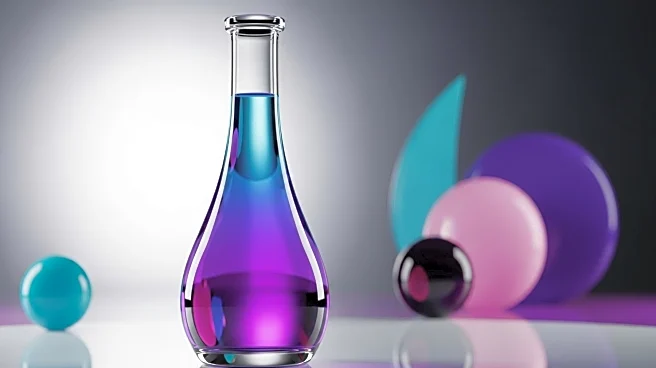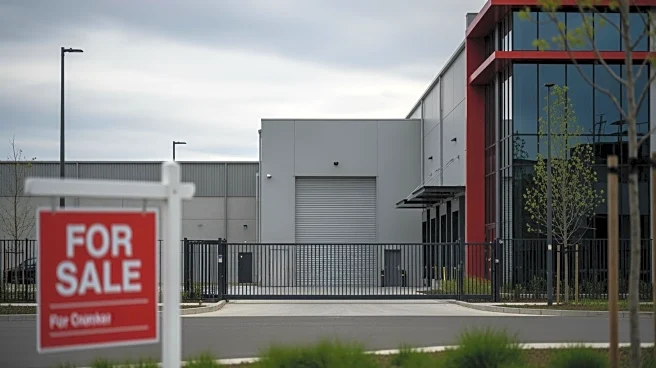What is the story about?
What's Happening?
The European beverage market is experiencing a significant shift as 71% of consumers are reportedly drinking less alcohol, according to data presented at the Beverage Forum Europe in London. This trend is particularly pronounced among younger consumers, with nearly a quarter of 25-35 year olds ceasing alcohol purchases entirely. The decline in alcohol consumption is attributed to a growing preference for moderation and health-conscious choices. As a result, there is an increasing demand for alcohol-free alternatives and functional beverages, such as protein-based drinks, kombucha, and mood-enhancing options. These products offer consumers new taste profiles and functionalities, appealing to those seeking alternatives to traditional alcoholic beverages.
Why It's Important?
The shift towards functional beverages and alcohol-free options reflects broader consumer trends prioritizing health and wellness. This change presents both challenges and opportunities for the alcoholic beverage industry. Companies must adapt by embracing premiumization, sustainability, and innovative branding to remain relevant. The trend also highlights a potential market expansion for functional beverage brands, which can capitalize on the demand for healthier, non-alcoholic options. As consumers increasingly value products that align with their lifestyle and wellness goals, brands that successfully tell compelling stories and offer unique experiences are likely to thrive.
What's Next?
The alcoholic beverage industry is expected to continue evolving in response to these consumer trends. Companies may focus on developing premium and sustainable products to attract health-conscious consumers. Additionally, the rise of functional beverages could lead to increased competition and innovation within the beverage market. Brands that effectively communicate their value propositions and connect with consumers through storytelling are poised to succeed in this changing landscape. As the market adapts, stakeholders will need to monitor consumer preferences closely to identify emerging opportunities and challenges.
Beyond the Headlines
The decline in alcohol consumption and rise of functional beverages may have broader cultural and societal implications. This shift could influence social norms around drinking and lead to a reevaluation of traditional beverage categories. The emphasis on health and wellness may also drive regulatory changes and impact marketing strategies within the industry. As consumers become more discerning about their beverage choices, companies will need to navigate these changes thoughtfully to maintain consumer trust and loyalty.














